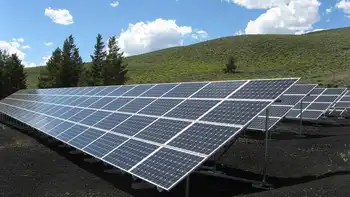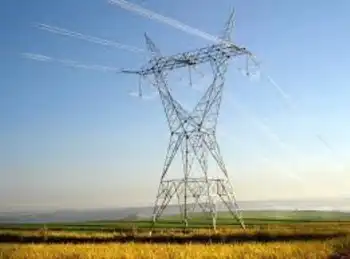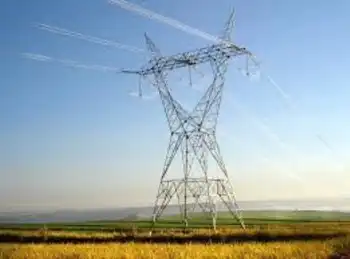Nova Scotia power rates rise
Nova Scotia Power customers began paying 5.66 per cent more for electricity at midnight, with much of that increase going toward the creation of greener power sources.
Nova Scotia Power, which provides 95 per cent of the generation, transmission and distribution of electricity in the province, says the rise in power fees is needed to cover the costs of buying cleaner, more expensive coal.
It had originally asked for an immediate nine per cent increase.
The Nova Scotia Utility and Review Board said in early December that it accepted the utility's costs as accurate, but ruled Nova Scotia Power will have to go with staggered rate increases over the next three years.
Meanwhile, people in the province's largest city will also see a big increase in their water bills.
The bills of residential ratepayers to the Halifax Water Commission will jump about 27 per cent.
The commission says the extra money is needed to maintain and repair infrastructure, and had asked the utility board for an estimated 41 per cent increase for residential users.
Dartmouth resident Gregory Edwards, who lives on disability and social assistance payments, is among the Nova Scotians upset with the higher power fees.
"I don't get a one per cent increase in salary," he said. "That's what it is for me and everybody on social assistance, every senior citizen in this province. They get a zero per cent increase."
Edwards said he takes issue with the salaries of the water commission's management, which have increased between 20 and 40 per cent over a two-year period.
Nova Scotia's Utility and Review Board has said it will be watching compensation levels at the commission more closely.
Related News

Lump sum credit on electricity bills as soon as July
ST JOHNS - Most people who pay electricity bills will get a one-time credit as early as July.
The provincial government on Thursday outlined a new directive to the Public Utilities Board to provide a one-time credit for customers whose electricity rates are affected by the price of oil.
Electricity customers who are not a part of the Labrador interconnected system, including those using diesel on the north coast of Labrador, will receive the credit.
The credit, announced at a press conference Thursday morning, will come from the rate stabilization fund, which has an estimated surplus of about $50 million because low oil…





